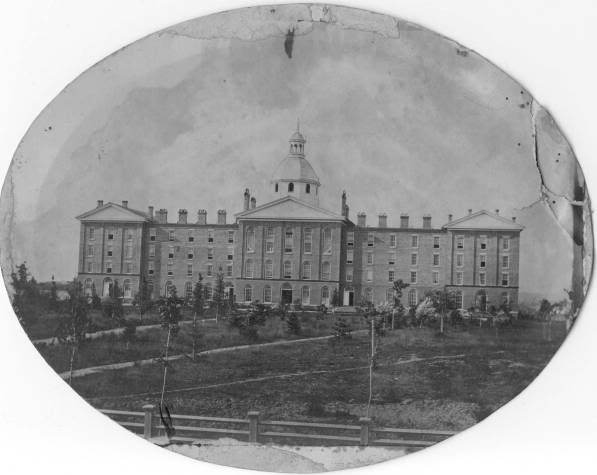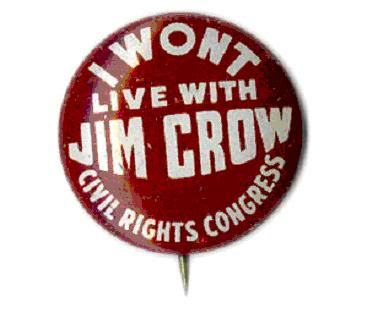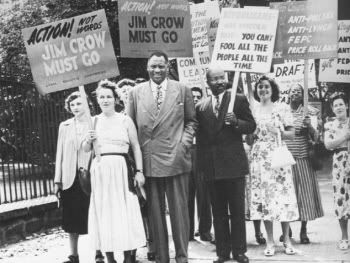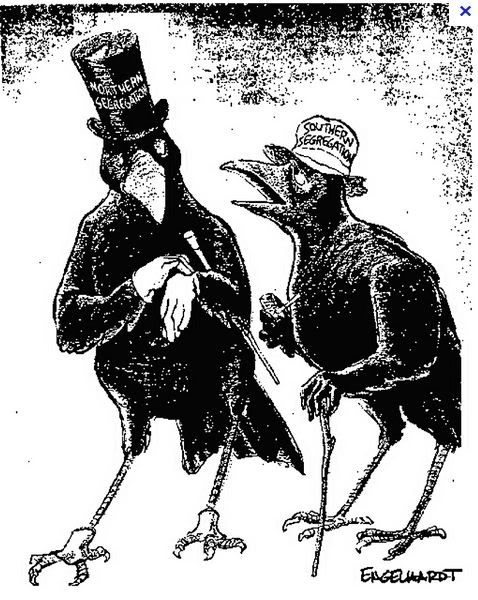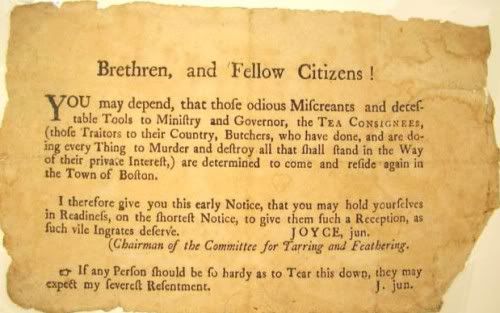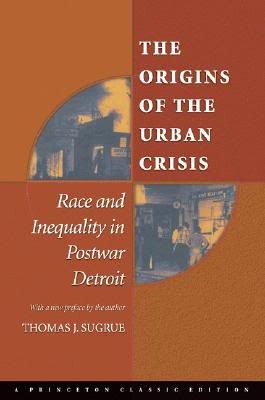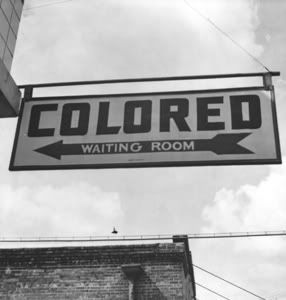"We have, it is true, occasional fevers; but they are of the transient kind, flying off through the surface, without preying on vitals. A Government like ours has so many safety valves...that it carries within itself a relief against the infirmities from which the best of human Institutions can not be exempt."Former Congressman Marvin Henry "Mickey" Edwards penned the following in an essay entitled "How to Turn Republicans and Democrats Into Americans":
-- James Madison in a 1830 Letter to Lafayette
"ANGRY AND FRUSTRATED, American voters went to the polls in November 2010 to 'take back' their country. Just as they had done in 2008. And 2006. And repeatedly for decades, whether it was Republicans or Democrats from whom they were taking the country back. No matter who was put in charge, things didn't get better. They won't this time, either; spending levels may go down, taxes may go up, budgets will change, but American government will go on the way it has, not as a collective enterprise but as a battle between warring tribes."
"If we are truly a democracy-if voters get to size up candidates for a public office and choose the one they want-why don't the elections seem to change anything? Because we elect our leaders, and they then govern, in a system that makes cooperation almost impossible and incivility nearly inevitable, a system in which the campaign season never ends and the struggle for party advantage trumps all other considerations. When Democrat Nancy Pelosi became speaker of the House, the leader of the lawmaking branch of government, she said her priority was to ... elect more Democrats. After Republican victories in 2010, the Senate Republican leader Mitch McConnell said his goal was to ... prevent the Democratic president's reelection. With the country at war and the economy in recession, our government leaders' first thoughts have been of party advantage."
"This is not an accident. Ours is a system focused not on collective problem-solving but on a struggle for power between two private organizations. Party activists control access to the ballot through closed party primaries and conventions; partisan leaders design congressional districts. Once elected to Congress, our representatives are divided into warring camps. Partisans decide what bills to take up, what witnesses to hear, what amendments to allow."
"Many Americans assume that's just how democracy works, that this is how it's always been, that it's the system the Founders created. But what we have today is a far cry from what the Founders intended.
George Washington and James Madison both warned of the dangers posed by political parties. Defenders of the party system argue that parties—including Madison’s own—arose almost immediately after the nation was founded. But those were not parties in the modern sense: they were factions uniting on a few major issues, not marching in lockstep on every issue, large and small. And while some defend the party system as a necessary provider of cues to voters who otherwise might not know how to vote, the Internet and mass media now make it possible for voters to educate themselves about candidates for office."
"What we have today is not a legacy of 1789 but an outdated relic of the late 1800s and early 1900s, when Progressives pushed for the adoption of primary elections. By 1916, all but a handful of states had instituted the "direct primary" system, under which a party candidate was selected by a public vote, rather than by party leaders in backroom deals. But the primaries, and the nominating conventions, were open only to party members. This reform was supposed to give citizens a bigger role in the election process. Instead, the influence of party leaders has been supplanted by that of a subset of party activists who are often highly ideological and largely uninterested in finding common ground. In Delaware in 2010, a mere 30,000 of that state's nearly 1 million people kept Mike Castle, a popular congressman and former governor, off the general-election ballot. In Utah, 3,500 people meeting in a closed convention deprived the rest of the state's 3 million residents of an opportunity to consider reelecting their longtime senator Robert Bennett. For most of the voters who go to the polls in November, the names on the ballot have been reduced to only those candidates the political parties will allow them to choose between. Americans demand a multiplicity of options in almost every other aspect of our lives. And yet we allow small bands of activists to limit our choices of people to represent us in making the nation's laws."
"I am not calling for a magical political "center": many of the most important steps forward in our history have not come from the center at all, including women's suffrage and the civil-rights movement, and even our founding rebellion against the British crown. Nor am I pleading for consensus: consensus is not possible in a diverse nation of 300 million people (compromise is the essential ingredient in legislative decision-making).
And I’m not pushing for harmony: democracy depends on vigorous debate among competing views. The problem is not division but partisanship—advantage-seeking by private clubs whose central goal is to win political power. There are different ways to conduct elections and manage our government-and strengthen the democratic process."
(emphasis added)
Application:
In Michigan we have seen the extreme example of extreme Teapublican partisanship "advantage seeking by private clubs" that back these rude Teapartisans whose legislative attacks on certain select groups of individuals in Michigan illustrate that the fact that Teapublicans of Michigan are seeking to help these "private clubs" in pursuit of their central goal "to win political power." All other impacts of this highly-targeted legislation, many of which are punitive and damaging, are held as inconsequential and unimportant in the triumphalism of this Teapartisan march toward a highly profitable political homogeny.
-----
As former Congressman Mickey Edwards stated in regret: "the struggle for party advantage trumps all other considerations." The mess in Michigan is a prime example of this outrage under a TeaPublican domination of all branches of Michigan governance: Executive, legislative, judicial.
Democracy in Michigan as it once was is no more. Emergency Managers and A.L.E.C. / Corporatists plug-and-play bill writing have broken the long chain of democratic practice and compromise. A tradition that has been the custom of Lansing over the decades - "a collective enterprise" in service of the citizens of our state - has been deliberately shattered.
On the Reader:
Read the original essay "How to Turn Republicans and Democrats Into Americans: An insider’s six-step plan to fix Congress" by Mickey Edwards (The Atlantic, June 15, 2011) and other Essays by Edwards:
"Why I'm Not at CPAC"by Mickey Edwards (The Atlantic February 18, 2010) Quote:
"I'm not at CPAC (2010) because I believe in America. I believe in liberty. I believe that governments should be held in check. I believe people matter. I believe in the flag not because of its shape or color but because of the principles it stands for--the principles in the Constitution, the principles repeated and underlined and highlighted and boldfaced and italicized in the Bill of Rights. The George W. whose presidency and precedents I admire was the first president, not the 43d. It is James Madison I admire, not John Yoo. Thomas Paine, not Glenn Beck. Jefferson, not Limbaugh."
"Reagan wouldn't recognize this GOP: The Gipper may be the patron saint of Limbaugh and Coulter, but he'd be amazed at what's been done in his name" by Mickey Edward in the LA Times, January 24, 2009) Quote:
"The Republican Party that is in such disrepute today is not the party of Reagan. It is the party of Rush Limbaugh, of Ann Coulter, of Newt Gingrich, of George W. Bush, of Karl Rove. It is not a conservative party, it is a party built on the blind and narrow pursuit of power. (Break) ...conservatives have turned themselves inside out: They have come to worship small government and have turned their backs on limited government. They have turned to a politics of exclusion, division and nastiness."
More on the Republican Right Wing and Conservatism on the Gazette.
Original.
